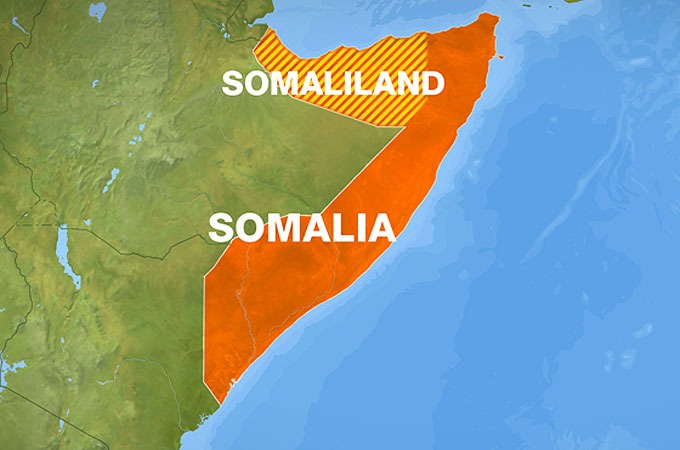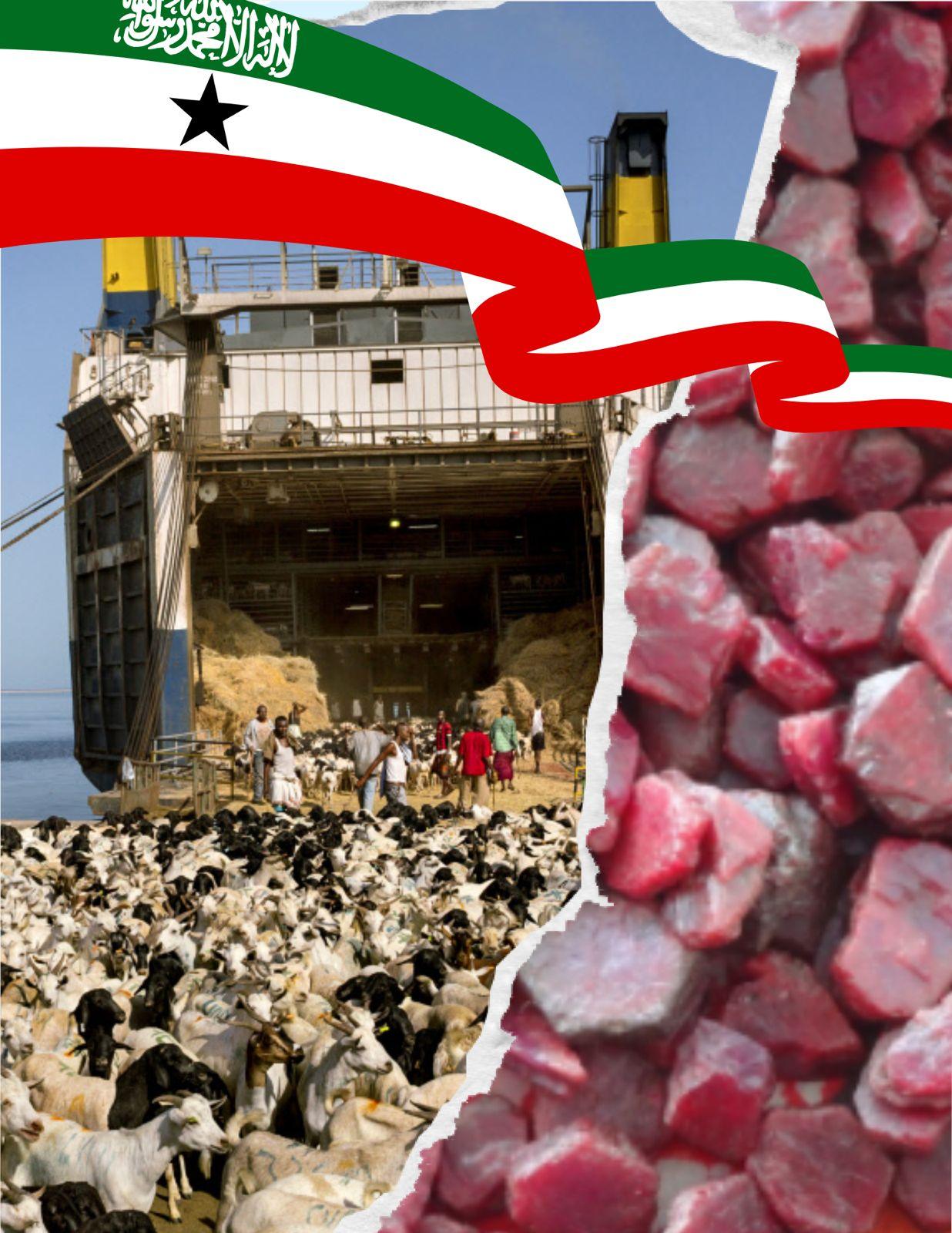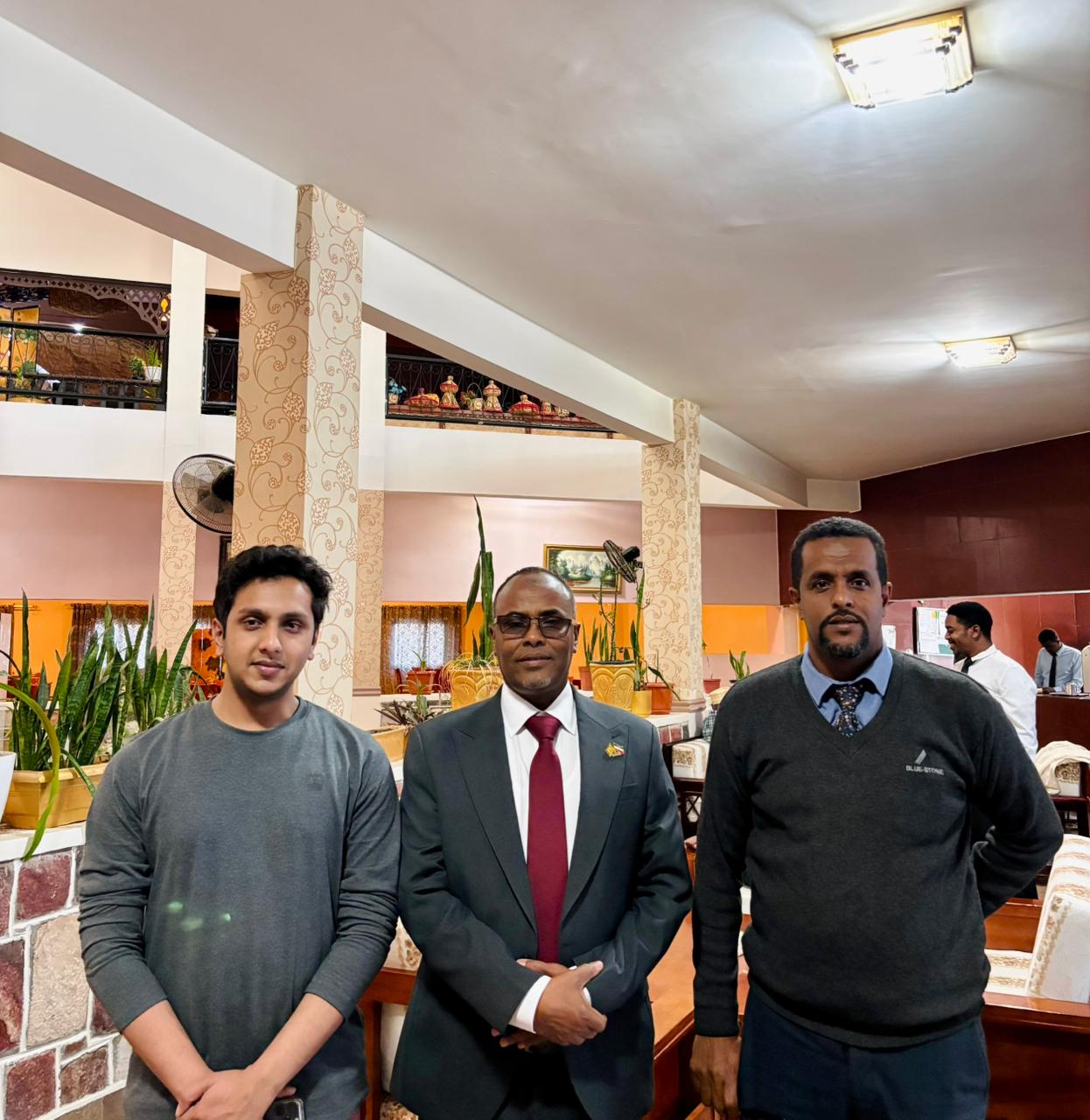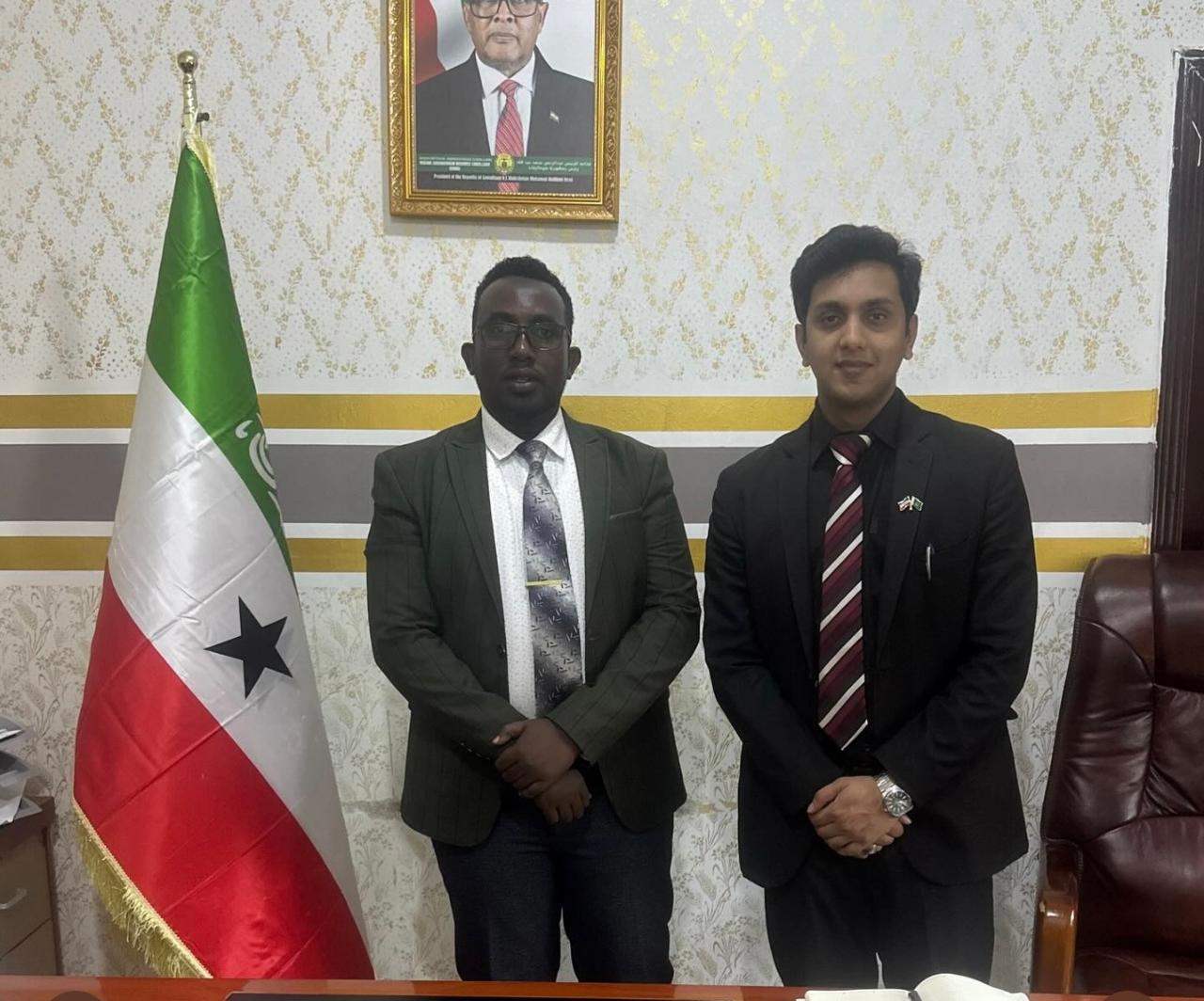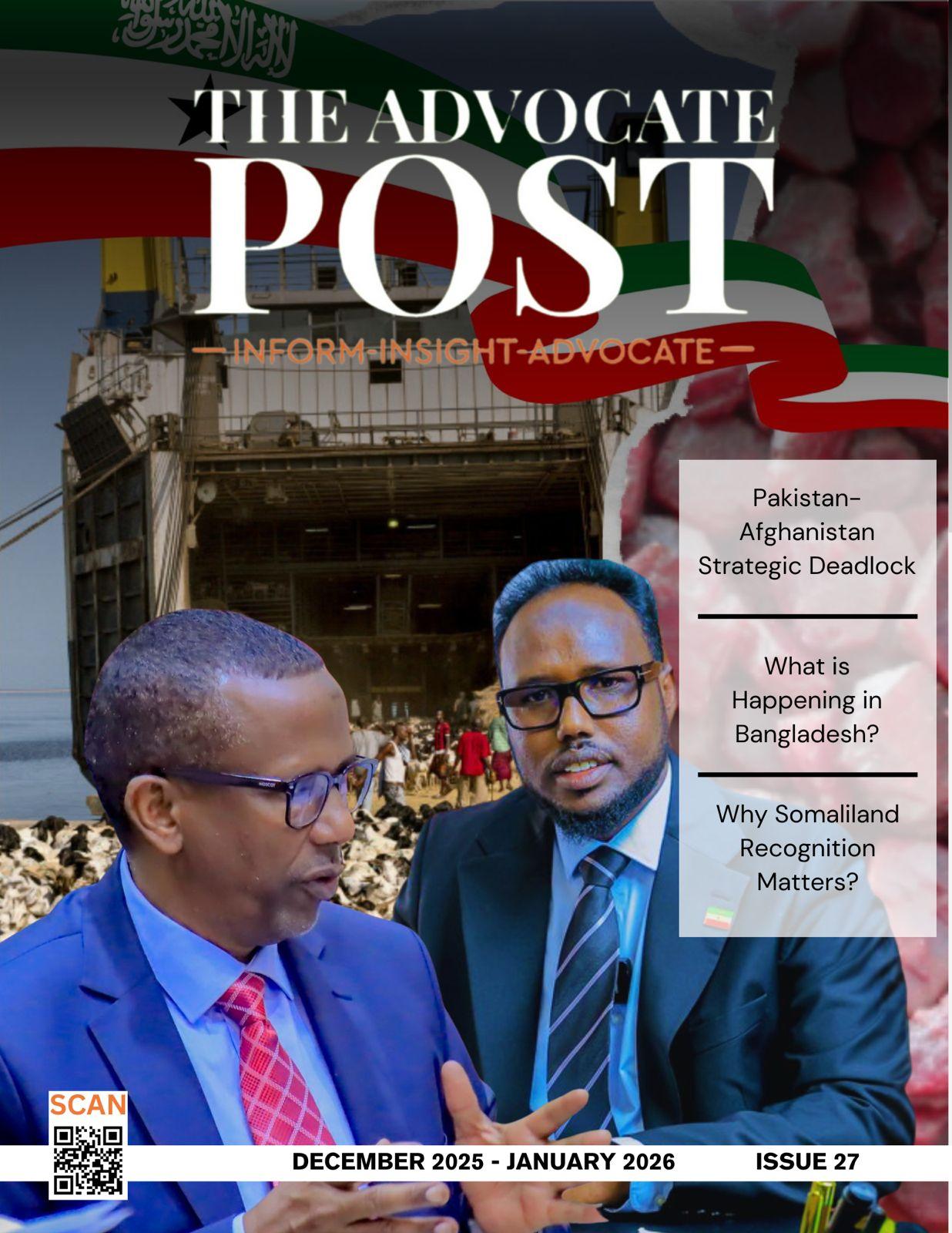Hargeisa: Somaliland’s (de facto) Ministry of Civil Aviation and Airports Development (MOCAAD) has announced a new aviation directive mandating that all civil aircraft obtain prior authorization before entering, transiting, or operating within Somaliland’s airspace.
The policy effective November 10, 2025 applies to scheduled, non-scheduled, commercial, and general aviation flights. MOCAAD stated that the decision was made in accordance with the 1944 Chicago Convention on International Civil Aviation, emphasizing Somaliland’s sovereign control over its land, sea, and airspace.
According to the ministry’s statement, the measure aims to enhance air traffic safety, security, and efficiency by aligning with International Civil Aviation Organization (ICAO) standards. It also seeks to strengthen air navigation services, meteorological systems, and Search and Rescue (SAR) capabilities at key airports, including Hargeisa Egal International Airport (HGA) and Berbera International Airport (BBO).
Flights entering Somaliland’s airspace without prior clearance will be considered violations of national sovereignty, and enforcement actions will be pursued in line with national laws and international aviation protocols, the ministry warned.
Political and Regional Implications
The announcement comes amid growing tensions between Somaliland and Somalia over control of the region’s airspace and the implementation of Somalia’s new E-Visa system, which Hargeisa officials have described as an “illicit and unsafe” initiative.
In answering to the question by The Advocate Post, Hassan Afgaab, an advisor to the Diaspora Department under Ministry of Foreign Affairs of Somaliland, criticized the Mogadishu administration’s handling of aviation and digital entry systems.
“Somaliland has already taken the necessary steps to protect its airspace and people from the Mogadishu mafia,” said Afgaab. “The disruptive actions of the failed government of Somalia are nothing new. They have been trying to harm the people of Somaliland for the past 34 years, but they never succeeded in their illegitimate efforts.”
Afgaab described the Somalia E-Visa project as “a blatant violation of Somaliland’s airspace sovereignty and national integrity,” adding that his government’s measures will ensure air safety and could lead to a final resolution on the airspace dispute.
“This may result either in Somaliland fully regaining its airspace control or having it returned to ICAO, which previously administered it on our behalf,” he said.
Impact on Airlines and Regional Operations
Afgaab also addressed the impact of the airspace directive and E-Visa dispute on major airlines, particularly Ethiopian Airlines and Fly Dubai, both of which serve Somaliland routes.
“We acknowledge the inconvenience faced by our diaspora due to disruptions involving airlines operating in Somaliland,” he said. “However, this is temporary. The greatest loss will be borne by the government of Hassan Sheikh and the airlines involved especially Ethiopian Airlines and Fly Dubai if they do not reconsider their decision.”
He noted that both airlines had already experienced a sharp decline in passenger numbers, claiming that “the number of their passengers from Europe and other regions has decreased by more than half” since they complied with Somalia’s E-Visa policy.
Afgaab warned that Somaliland’s potential airspace closure could also deprive Mogadishu of significant revenues it currently collects “unjustly and without rightful claim.”
“Somalia-managed airspace will become might be risky for all flights after November 10,” he said, urging ICAO, IATA and other concerned organisations to intervene and reassert its management role.
Message to the Somaliland Diaspora
In a message to Somaliland citizens abroad, MFA Somaliland urged the diaspora to ensure they carry proper national identification documents when traveling and another official said.
“We urge our esteemed citizens in the diaspora to obtain their national IDs and Somaliland passports whenever they visit home,” he said. “These documents distinguish them from nationals of Somalia and prevent the application of Somalia’s E-Visa system to them.”
Background
Control over Somaliland’s airspace has long been a contested issue since the region declared independence from Somalia in 1991. For years, ICAO managed the area’s flight information region (FIR) from Nairobi, Kenya, before authority was controversially transferred to Mogadishu in 2018 under a United Nations–backed arrangement.
Hargeisa has since maintained that the move was illegitimate and that Somaliland, as a self-governing and stable entity, should manage its own skies.
With the November 10 directive, the government in Hargeisa signals its determination to formalize that control, asserting a more visible stance in international aviation and sovereignty.

